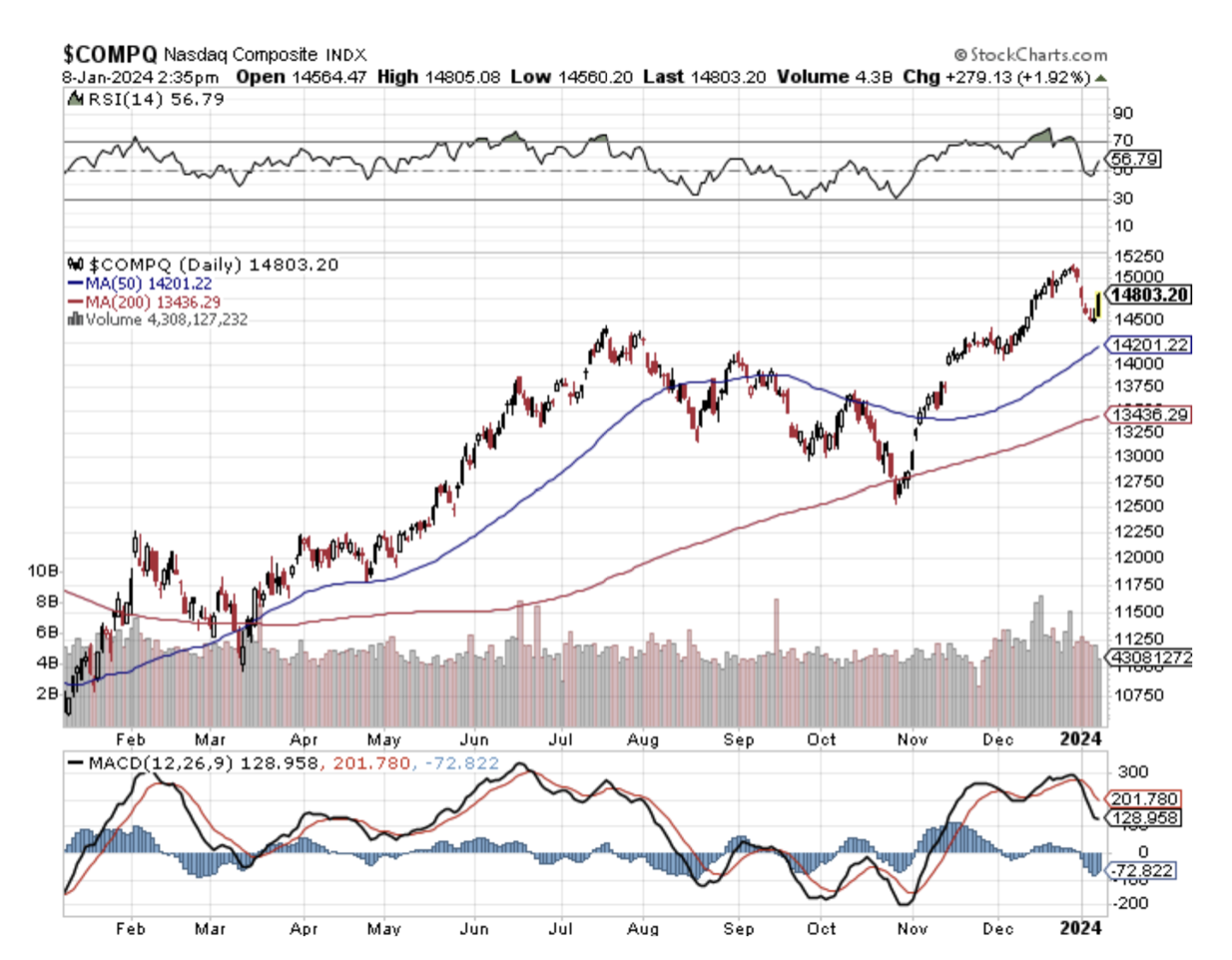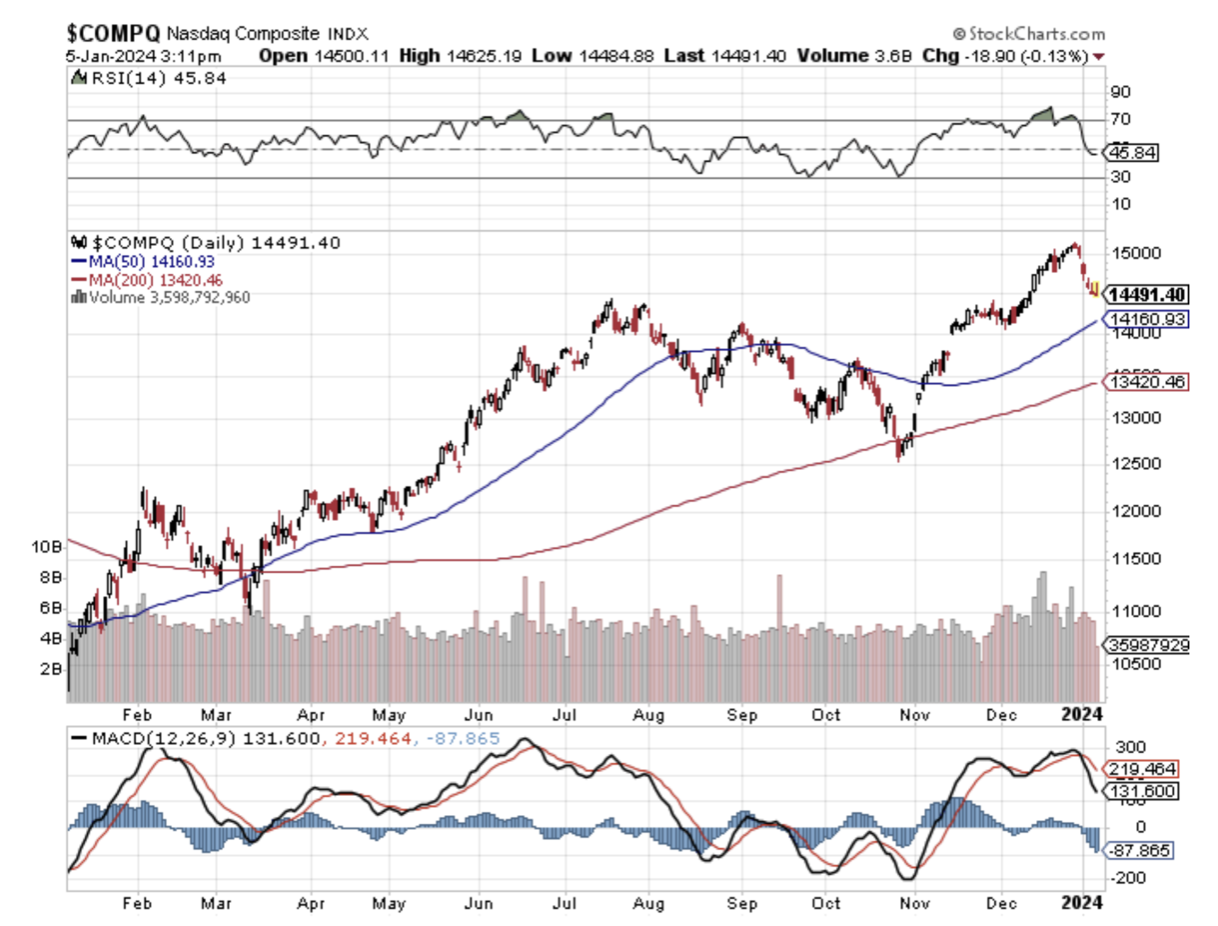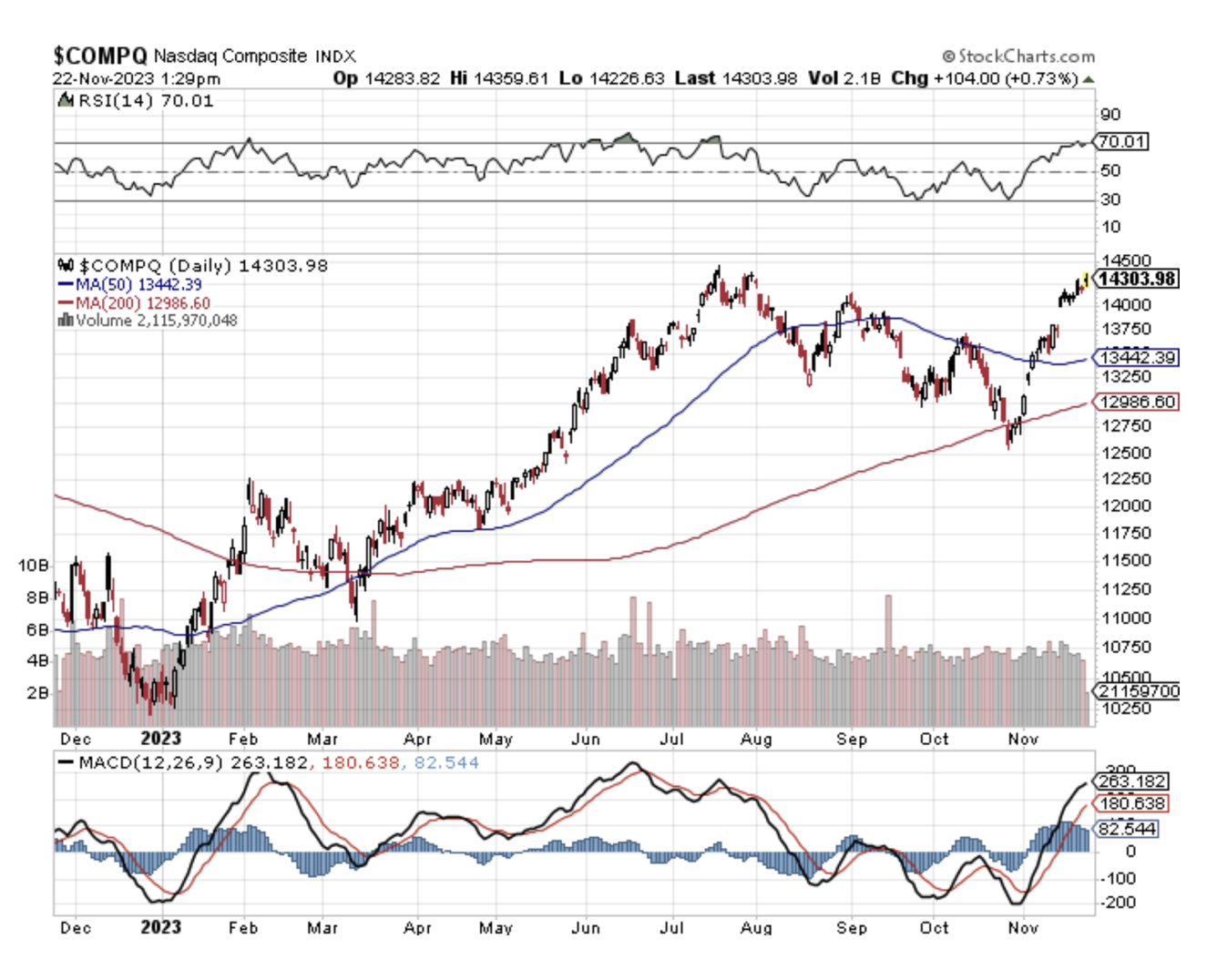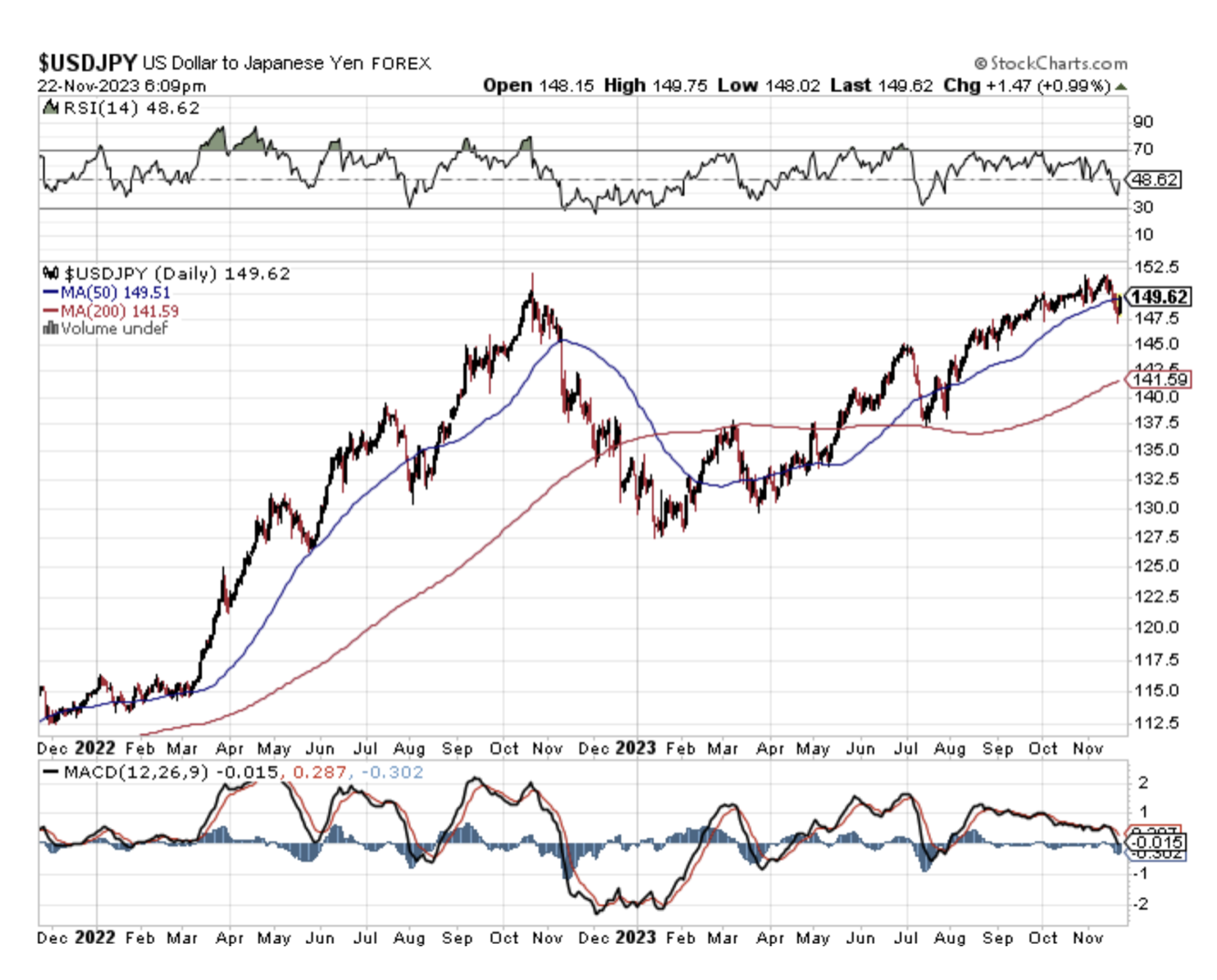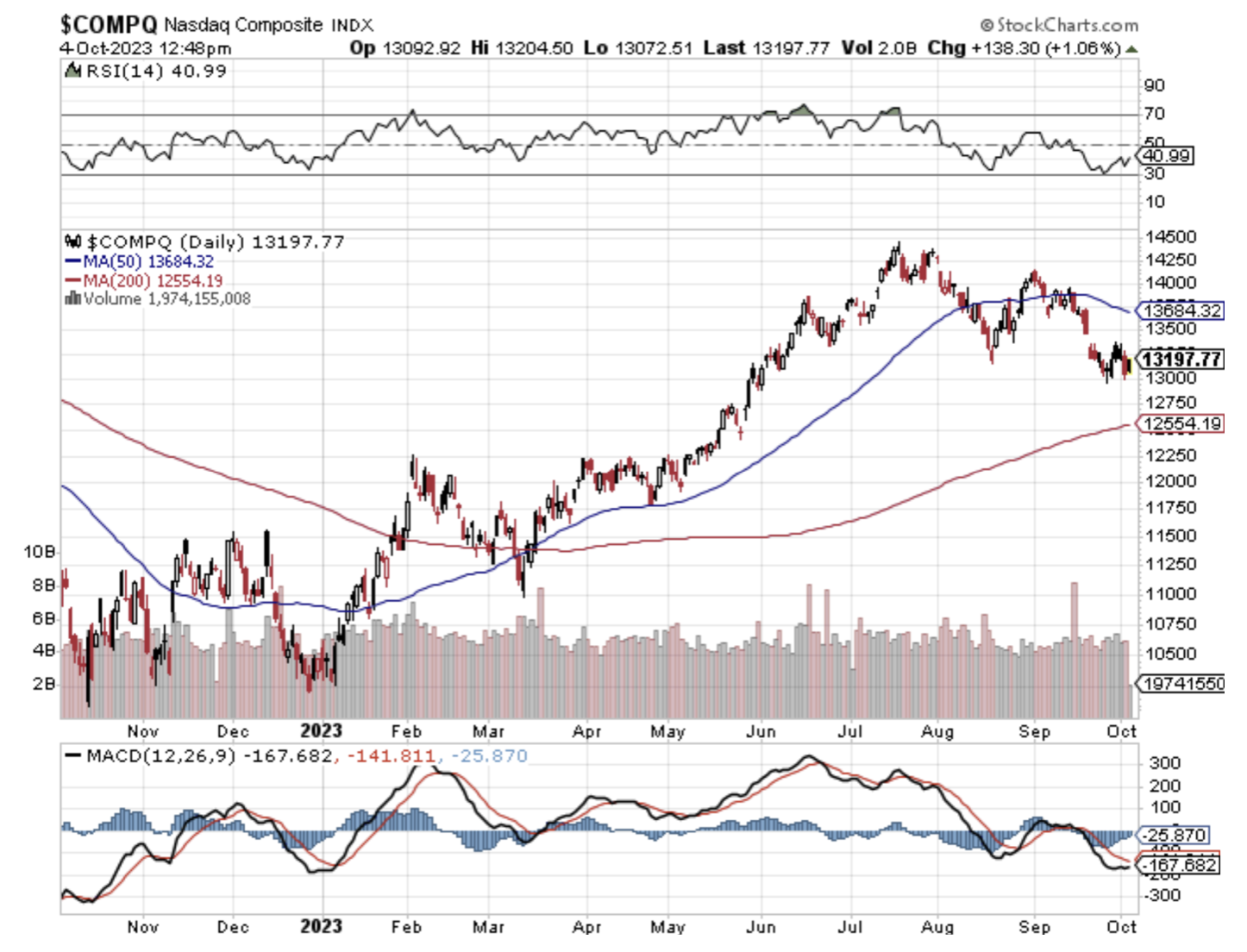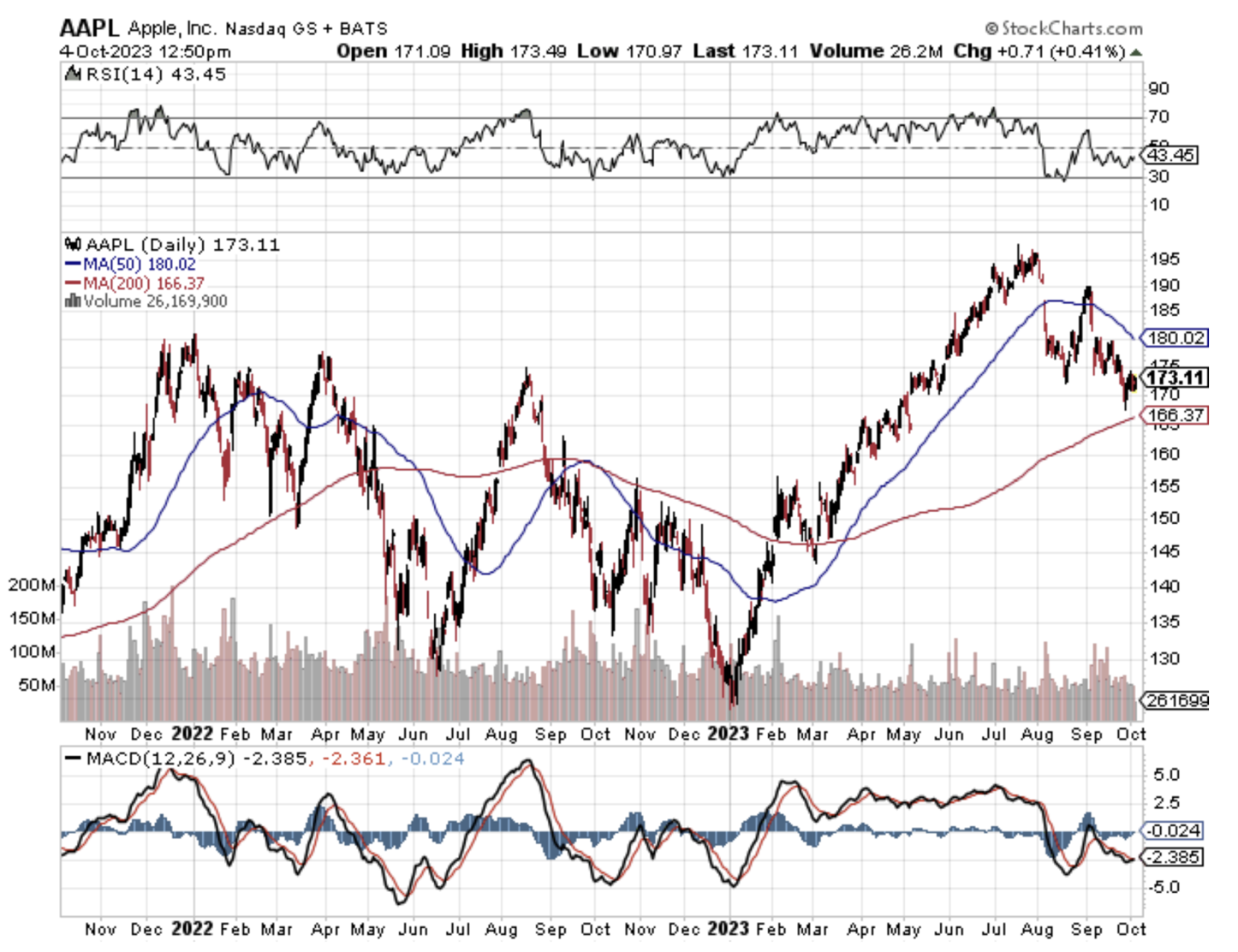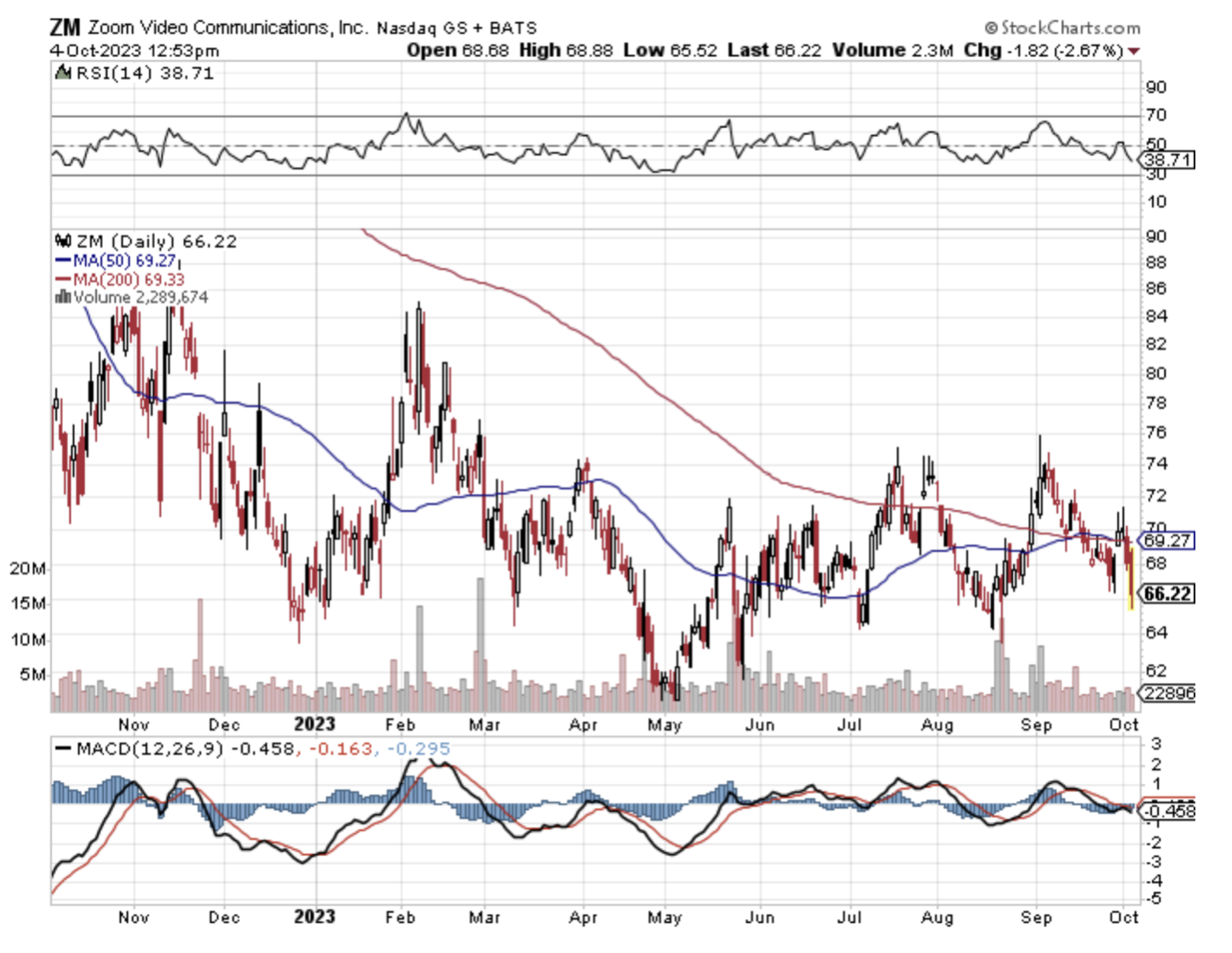One of the least talked about tax code blunders S174 could derail Silicon Valley ($COMPQ).
What happened?
Basically, all costs related to R&D cannot be expensed, including labor for software development.
These costs have to be capitalized and amortized over 5 years – or 15 if labor is done outside of the US.
This is a massive game changer that makes IT salaries substantially more expensive on paper.
This topic has come up a few times in private conversations that I have had, even though startups are arguably the hardest-hit companies of all.
What’s the fallout?
An unexpectedly high tax bill out of nowhere.
Many US software businesses amassed surprisingly high tax bills in 2023, seemingly out of nowhere, due to a tax change that took effect in July of the previous year, which many small companies knew nothing about until finalizing their 2022 returns.
The change was expected to be repealed (reversed) in December 2022, so many accountants didn’t inform customers for that reason. So, businesses got a surprise when the first tax payments fell due last April.
The amendment to S174 means employing software engineers can no longer be accounted as a direct cost in the year they are paid – unlike the norm, globally. Here’s a simplified example of the change from the final tax year before the change.
Here is how amortization works:
- 10% amortized for the first year
- 20% amortized for years 2 to 5
- 10% for year 6
Less hiring of software engineers and more software engineering layoffs are already happening at smaller US tech companies.
This could slash around 100,000 software developers at small companies.
One of these changes was Section 174, set to come into effect 5 years later, in 2022. These parts deliver the blow by making it clear that software development costs need to be amortized over 5-15 years.
What’s the damage?
Microsoft: $4.8B additional tax paid in 2023. The company generated a $72B profit that year, so this tax increase was manageable. It’s still a very large amount!
Netflix: around $368M in additional tax paid – also manageable with $4.4B annual profit.
What’s the key takeaway?
Innovation across all US software companies will take a hit if Section 174 isn’t repealed.
The tax change incentivizes software companies without large cash reserves to invest less in research and development. Or they can just move abroad.
But the change isn’t just bad for small software companies; it hurts even the largest ones – it is why Microsoft and Amazon are also advocating for its reversal.
I won’t pretend that Silicon Valley is full of little companies because it’s not.
I can easily see many firms like Google and Apple offshoring more jobs abroad for lower wages if they cannot amortize the full amount of wages in one year.
It puts American tech at an acute disadvantage, but I do believe US tech is so far ahead of its peers than in the long term, it won’t matter too much.
Just take Europe, many of the backwater countries are just a fraction of the size of Apple or Microsoft.
US tech is gargantuan and we forget that sometimes.
In the short term, the pressure is squarely asserted on the balance sheet. How will Silicon Valley nudge up the EPS with even more expenses coming down the pipeline?
The solution is clearly firing more American developers and reallocating the workload to other colleagues and a partial workload will go to AI.
US tech is famous for working smarter and this is just another hurdle to jump over.
In the first part of the year, this puts a lot of pressure on external tailwinds mainly the Fed pivot to power us through to new highs.
Buy the dip in tech.

